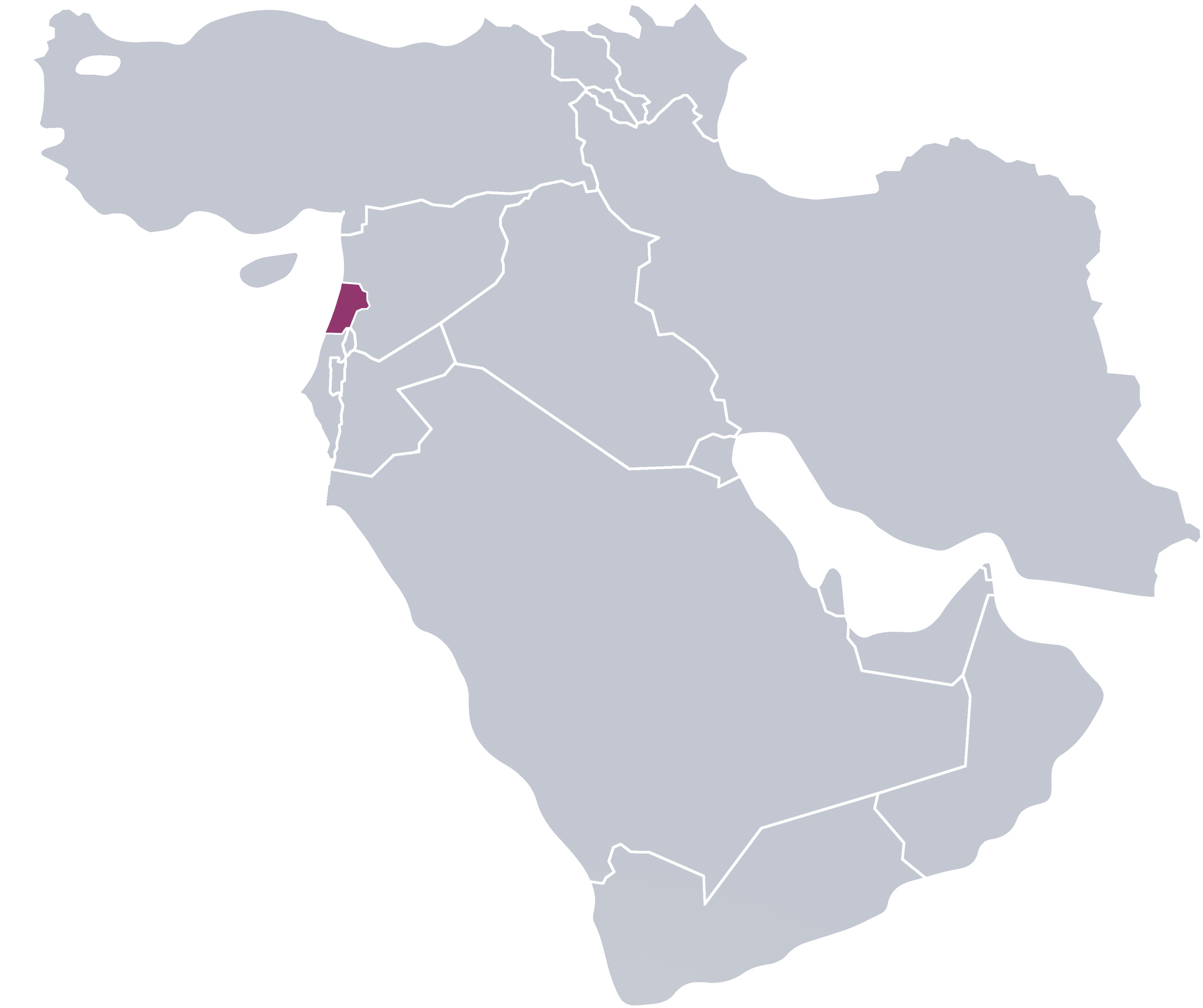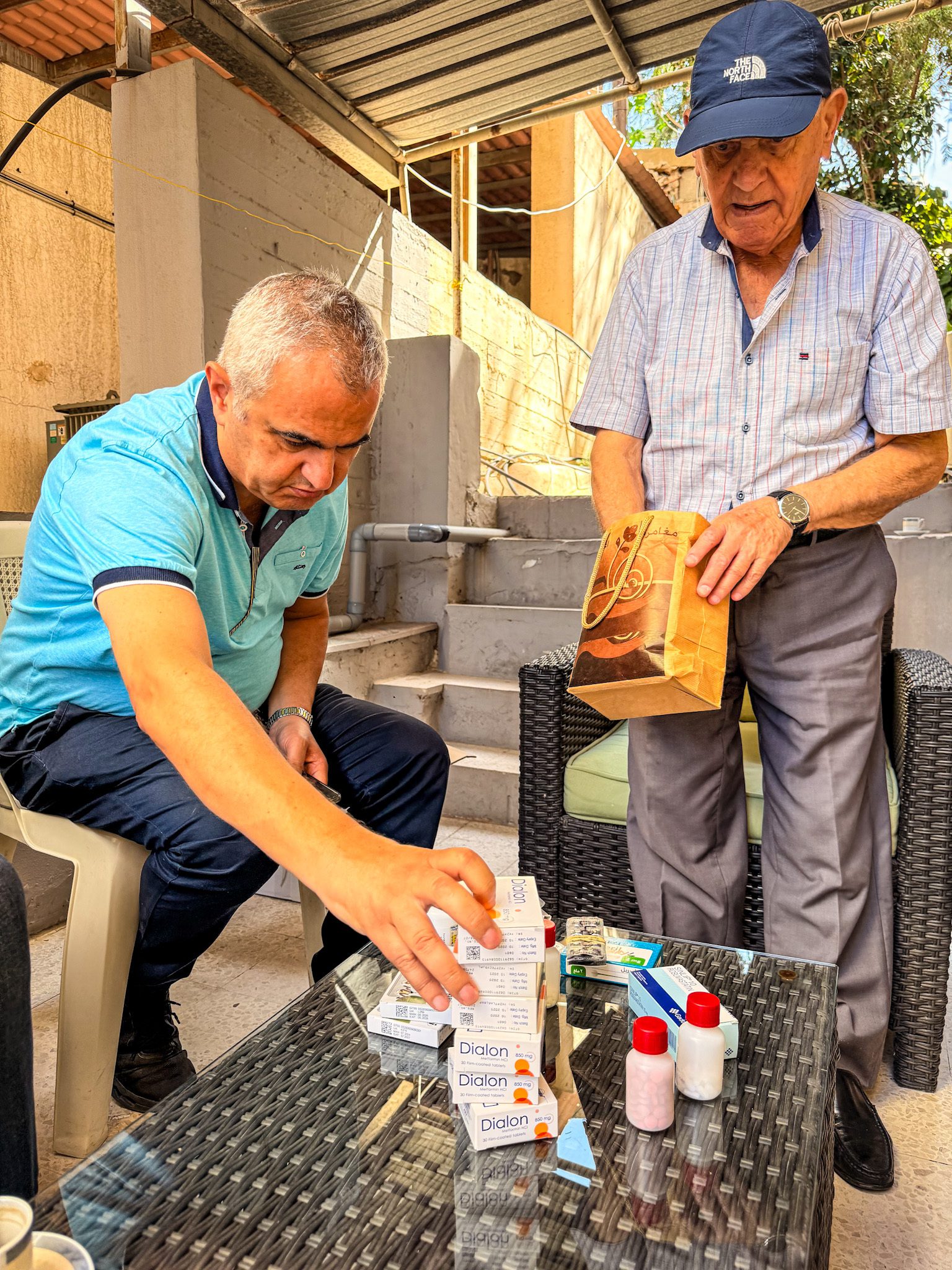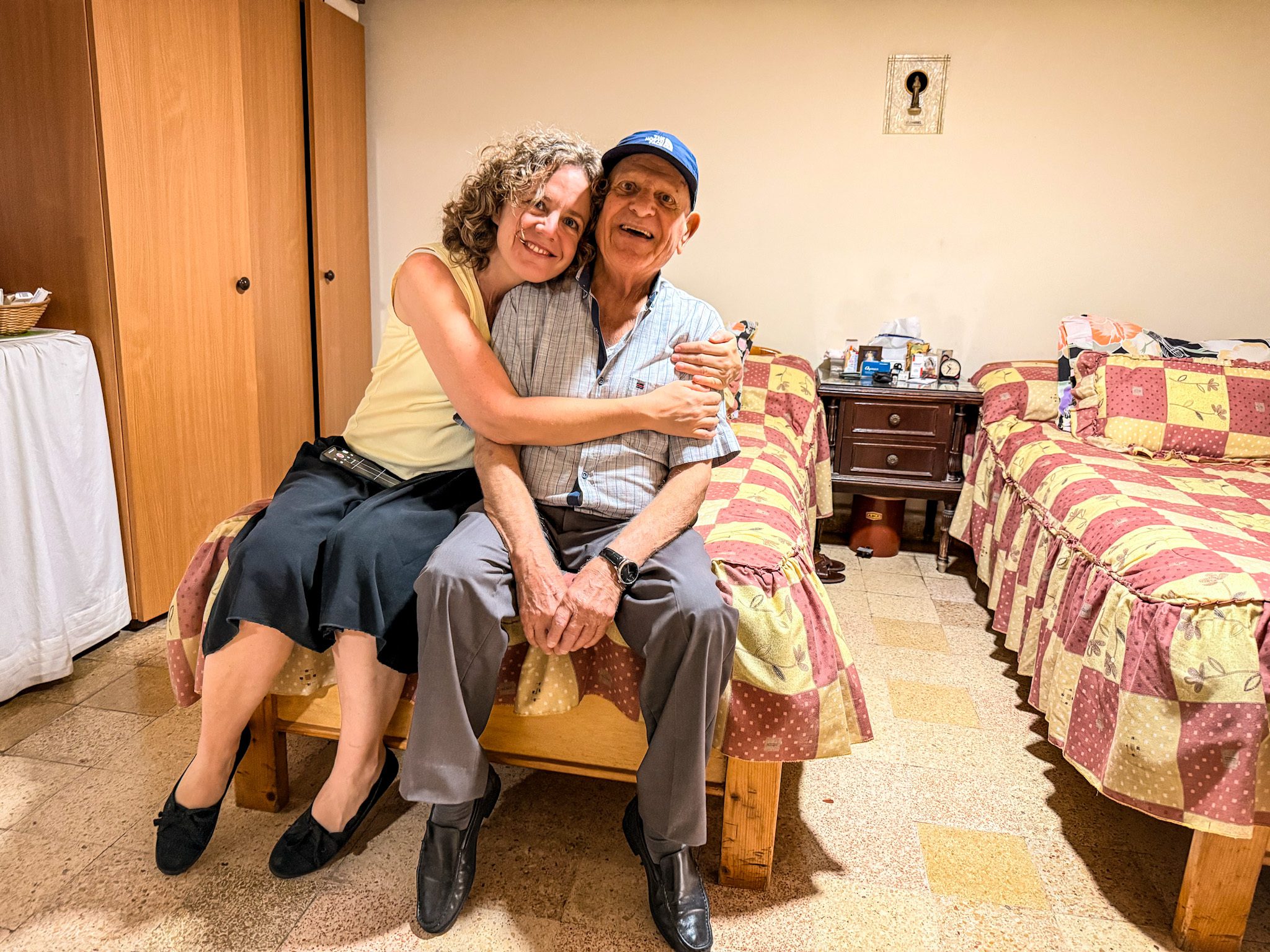
Lebanon

Escalating since October 2019, the political and economic crisis is driving Lebanon to the brink of bankruptcy. The tragic situation has been exacerbated by a gigantic explosion of chemicals stored in Beirut’s seaport in 2020. The middle class has virtually ceased to exist. Educated citizens are fleeing hyperinflation, unemployment which rises every month, power cuts and fuel shortages.
Overview:
- Since the beginning of the crisis, the Lebanese pound has lost more than 98% of of its value (as of 2024)
- Since October 2019, food prices have increased by over 1,000%
- GDP has dropped by 70-75% compared to its pre-crisis value.
- 80% of the Lebanese population (over 3 million people) live in poverty. Extreme poverty has affected 36% of Lebanese (1.38 million)
- There is a shortage of specialist medications across the country, and the price of basic ones is beyond the reach of the average Lebanese
- Prolonged power and fuel shortages (up to 22 hours a day) are paralysing the daily lives of the Lebanese
- It is the country with the highest number of refugees per capita (1.5 million Syrian refugees and 11,645 refugees of other nationalities)
- As a result of the bombings carried out by Israel, the number of internally displaced people reached over 1.2 million in October 2024
260
over 350
1000
🏠 Every €4.40 covers one day of shelter for Laudy and Jean.
In Laudy and Jean’s apartment, everything has its place. Jean’s shirt hangs crisply ironed. Laudy’s kitchen gleams like a polished gem. They serve fruit jelly because it’s the only thing left in the fridge. They smile, but their eyes tell the truth: they haven’t paid rent for nine months.
This is not a story about laziness or wastefulness. It’s about people whose life savings were wiped out by an economic collapse – the worst financial meltdown in modern history. In a country where the Lebanese pound lost 90% of its value overnight, where a pack of paracetamol costs a tenth of a monthly salary, and electricity is available for just six hours a day, a full fridge, medicine on hand, or even a roof over your head has become a luxury for countless Lebanese families.

Laudy and Jean pay the equivalent of nearly €138 a month in rent. At that price – explains Dr. Elias – there’s no other apartment available in the entire neighborhood. If the landlord loses patience, they’ll be out on the street. With nowhere to go. We don’t want them counting down the days to eviction.
We’re not just trying to cover their back rent. We’re trying to buy them time. To give them at least one more year to breathe. A year without fear that someone will knock on their door tomorrow and tell them to leave. A year where peace for two elderly people isn’t a luxury, but a right.
Please – help us keep them safe. This isn’t just about rent. It’s about dignity for people whose life savings were stolen by crisis and who now stand on the edge of homelessness through no fault of their own.

